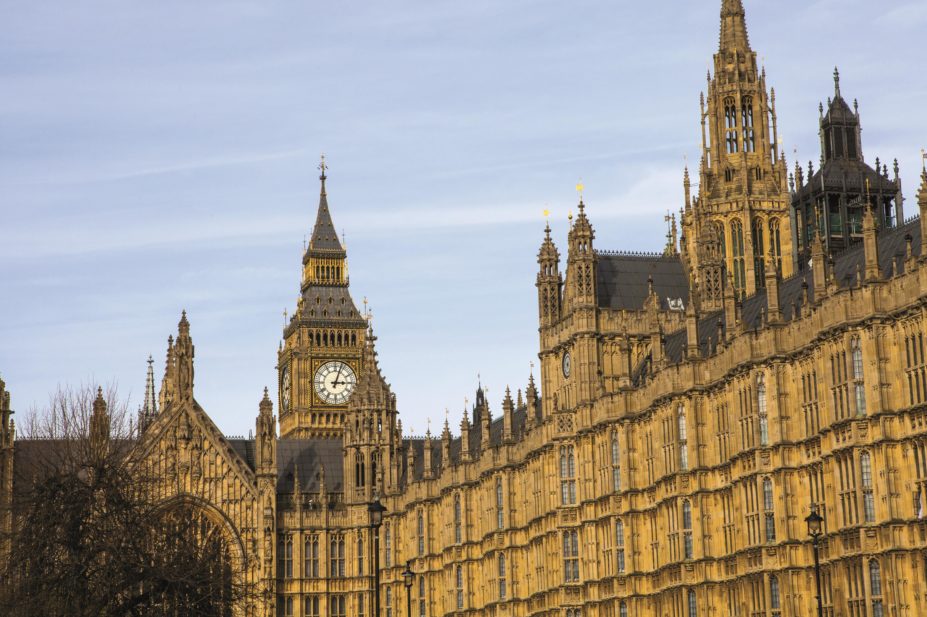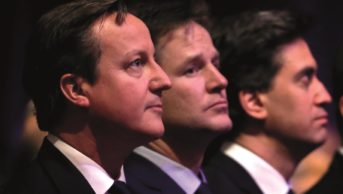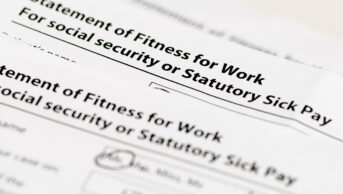
chrisdorney / Shutterstock.com
The UK political parties are in a pickle. On the one hand they want to ensure more people have timely access to doctors at their local surgery; on the other there is a crisis in workforce numbers, especially within general practice, and the NHS requires more funding year on year to meet the rising demands of an ageing population.
In the lead-up to the May 2015 general election, promising more GPs, or throwing cash at the problem, fails to address the fragmentation within the health system — at least in England — that means money will be wasted and professional skills poorly utilised.
All three main political parties have promised investment in the NHS: the Conservatives have pledged to cover the £8bn predicted shortfall in NHS finances to deliver NHS England’s Five Year Forward View; the Liberal Democrats have also pledged the £8bn; whereas Labour has promised to employ thousands of additional healthcare staff. In this issue, we look at the reaction of healthcare think tanks to the party manifestos (page 476).
Whatever figures form part of their electioneering, the UK political parties need to wise up to the reality of workforce issues within UK healthcare. It is a costly venture to train new healthcare professionals of any type. Also, it takes years for students to study and then undertake professional training to enable a boost in numbers. Recruiting from abroad has its own issues, such as barriers with language and experiences, not to mention the brain drain in other countries, which the UK government must approach responsibly.
There is no short-term fix. And Conservative plans for seven-day and evening GP services, although surely popular with the public, would only serve to exacerbate the issue. To commit to “recruiting” however-many-thousand GPs, nurses and midwives demonstrates an alarming lack of insight into the problem, ignores the importance of the NHS’s non-clinical workforce and is misleading to voters. Even if such recruitment could be expedited, it would require sums of money the NHS simply does not have. Moreover, it displays a certain lack of creativity about the solution.
Pharmacists have been put forward as part of the answer to the dire staffing situation in general practice. A recent proposal from the Royal Pharmaceutical Society and the Royal College of General Practitioners to expand the number of pharmacists working in GP surgeries was a refreshing approach auguring well for future collaboration. So it is disappointing to see pharmacy largely absent from party manifestos. The Lib Dems do mention pharmacists; they commit to “better utilise the network of community pharmacists across the country so they become the first point of contact for advice on minor illnesses and are joined-up with GPs and community health teams”. This is a welcome inclusion, but it does not capture the breadth of pharmacists’ skills and expertise in medicines use, and their potential as part of modern interdisciplinary working in primary care, as envisaged by the main professional bodies for pharmacists and GPs in Britain.
The next government must support new ways of working that make the most of all professional groups in the NHS. Otherwise, no realistic amount of money will get people the care they need when they need it.


